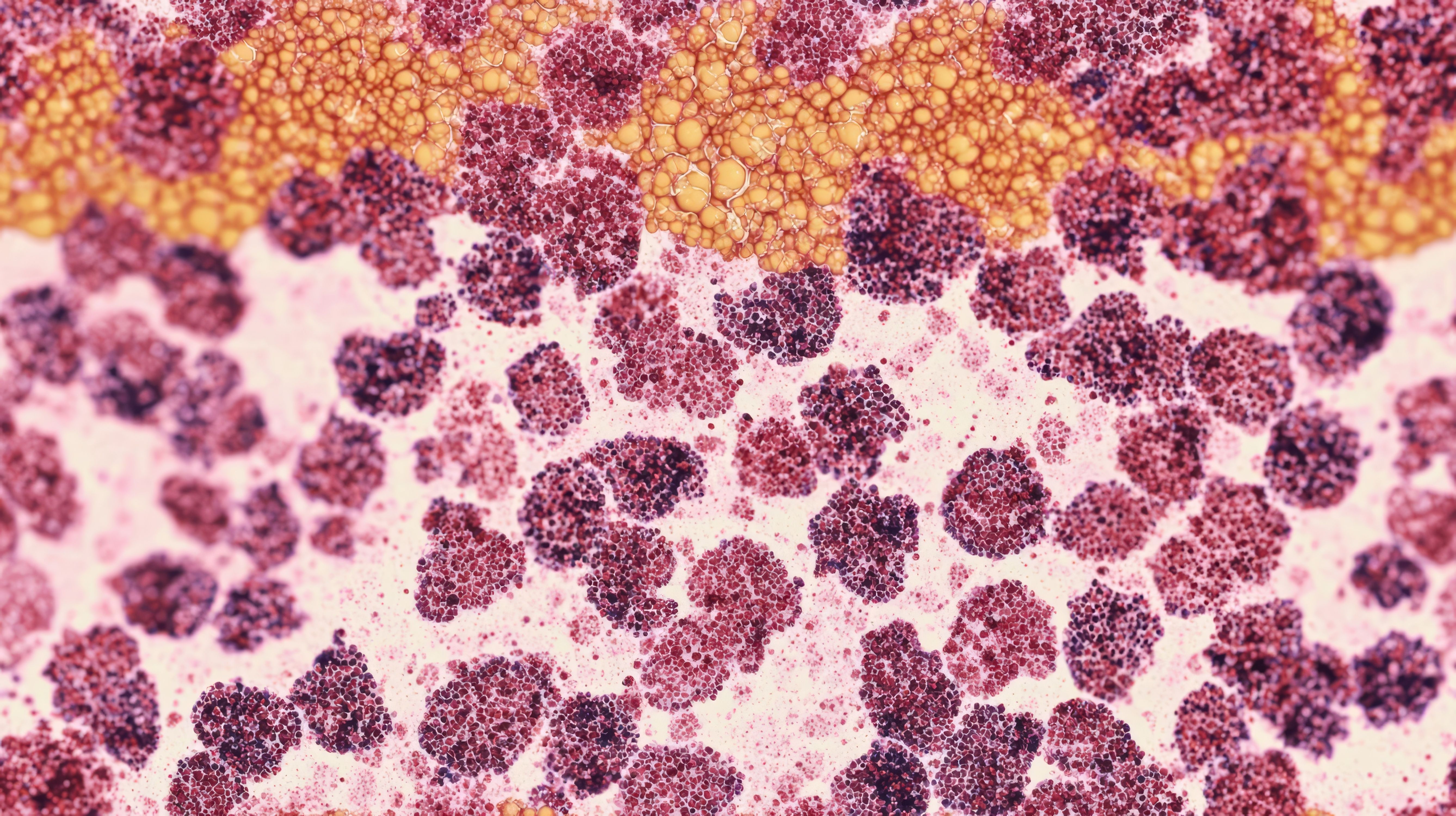Article
FDA Approves Kisqali Femara Co-Pack for Breast Cancer
Author(s):
Kisqali Femara Co-Pack only requires 1 co-payment.
Yesterday, the FDA approved the Kisqali Femara Co-Pack (ribociclib tablets; letrozole tablets) for the treatment of hormone receptor-positive, human epidermal growth factor receptor-2 negative (HR+/HER2-) advanced or metastatic breast cancer in patients who have experienced menopause.
The Kisqali Femara Co-Pack is the only approved combination pack that includes 2 prescription drugs used to treat breast cancer, according to a press release. This new approval — coming only 2 months after Kisqali’s initial approval — gives physicians the flexibility to prescribe the co-pack or Kisqali plus an aromatase inhibitor.
The packaging of the novel treatment allows patients to conveniently obtain a 28-day cycle of 2 drugs at once. The co-pack prevents patients from paying 2 co-payments, Novartis reported. Additionally, the Kisqali Femara Co-Pack is sold for the same cost as Kisqali monotherapy, which saves patients even more money.
The co-pack is available in 3 doses: Kisqali 600-mg plus Femara 2.5-mg, Kisqali 400-mg plus Femara 2.5-mg, and Kisqali 200-mg plus Femara 2.5-mg.
The new product will be available in the United States this month at both retail and specialty pharmacies. The indication for both drugs has not been changed due to the new approval, according to the release.
Common adverse reactions experienced while taking the Kisqali Femara Co-Pack include neutropenia, nausea, fatigue, diarrhea, leukopenia, alopecia, vomiting, constipation, headache, and back pain.
Kisqali was approved in March 2017 in combination with an aromatase inhibitor as first-line therapy for postmenopausal patients with HR+/HER2- advanced or metastatic breast cancer. The approval is based on data from a first-line phase 3 trial that met its primary endpoint early, demonstrating statistically significant improvement in progression-free survival compared with Femara monotherapy at the first pre-planned interim analysis.
Femara is an aromatase inhibitor approved for first-line treatment of postmenopausal women with advanced breast cancer. The drug has been used to treat numerous patients with advanced breast cancer since its initial approval in 1997, which makes its benefits and risks well-established.
“As we strive to keep the patient at the center of every decision that we make at Novartis, we are pleased that collaborating closely with the FDA has resulted in our being able to offer this unique combination pack of two prescription cancer medicines,” said Bill Hinshaw, executive vice president and head, US, Novartis Oncology. “Providing physicians a convenient one package prescribing option for their patients underscores our commitment to deliver innovative treatment solutions to the metastatic breast cancer community.”
Newsletter
Stay informed on drug updates, treatment guidelines, and pharmacy practice trends—subscribe to Pharmacy Times for weekly clinical insights.




